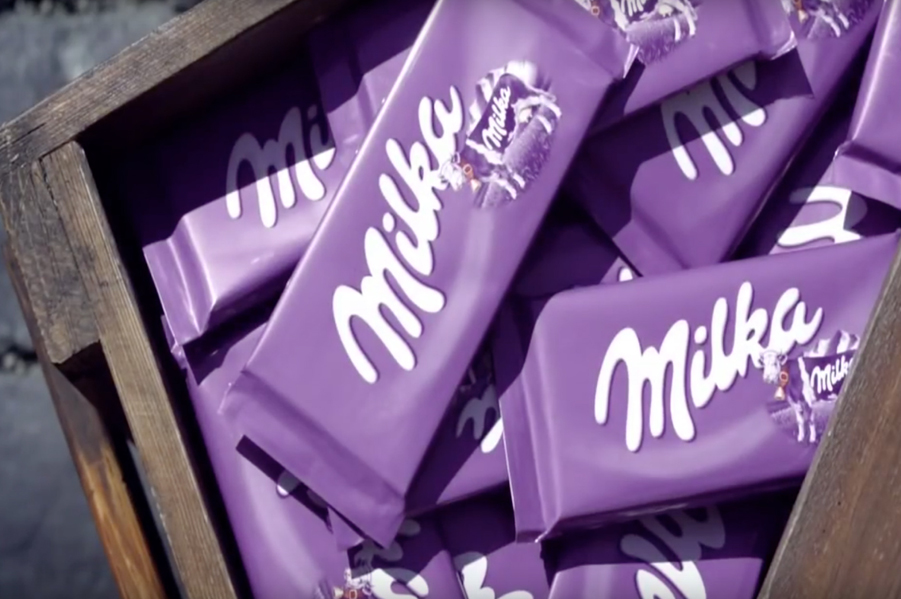Mondelēz International was the first multinational consumer goods company to require suppliers to track oil sourced from third-party suppliers as well as their own farms, and believes this was a critical step in catalyzing systemic change in sustainable palm oil.
"Our suppliers have done great work to align their policies and make their palm oil more traceable," said Walter Nobles, Vice President, Global Raw Materials. "But more is needed to drive real progress on the ground, so we're asking them to improve practices across their entire operations and engage their third-party suppliers — who supply much of the oil they trade — to implement the same practices.
"We'll exclude suppliers who don't immediately cease deforestation in their own concessions or exclude deforestation in their third-party supply."
Key new provisions in the updated plan require suppliers to:
- Map and assess the risk for all supplying mills on Global Forest Watch
- Provide assurance that no deforestation occurs on their own concessions and exclude third-party suppliers who do not immediately cease deforestation
- Work with recognized third-party experts to protect labor rights
source: mondelezinternational.com













